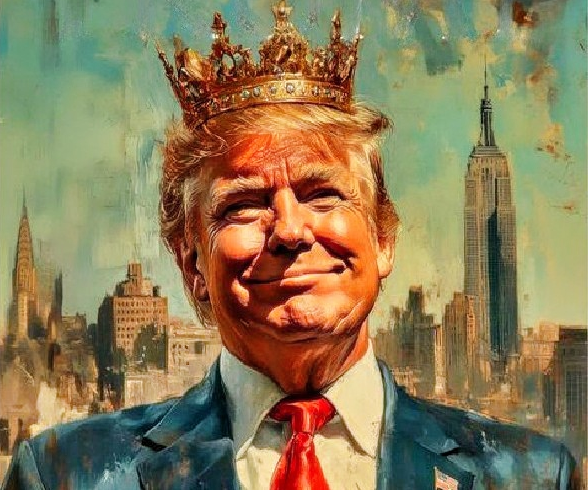
President Trump late Tuesday issued an executive order that places independent agencies -- including the Federal Trade Commission
and Federal Communications Commission -- under his control.
The order requires the FTC, FCC and others to submit “significant” proposed regulations to the White House before
finalizing them.
The directive also empowers the director of the Office of Management and Budget -- currently Russell Vought, a co-author of Project 2025 -- to “adjust” the
agencies' funding, if doing so would advance Trump's policies. Additionally, the order requires agencies to follow Trump's and the Attorney General's interpretation of the law when issuing regulations
or guidance, and when litigating.
advertisement
advertisement
Consumer advocacy groups denounced the order as illegal, arguing that Congress intended for the FTC and FCC to operate as independent agencies when it created
them.
The Electronic Privacy Information Center said the order marked an
“unprecedented assault on the guardrails Congress has long used to protect regulators from undue political interference.”
The group added that the order's mandates “would
make it impossible to carry out the rulemaking and enforcement duties Congress has assigned without the threat of political meddling by the White House.”
“Routine FTC and FCC
functions like enforcing data security and privacy protections, investigating businesses engaged in harmful data practices, and adopting rules to implement acts of Congress may be converted into
political weapons,” the organization stated Wednesday.
Public Citizen co-president Robert Weissman added that the order would make the agencies “dependent on the whims of Trump,
Vought and their corporate buddies.”
The Center for Democracy & Technology stated that the order “subverts the very purpose of independent agencies, which is to operate as
experts on specific topics without being subject to politics.”
Details about how the order will be implemented aren't yet clear.
For instance, although the order requires
agencies to follow the White House policy when litigating, it's not yet known how much control the Trump administration will attempt to exert over enforcement actions by the FTC.
Agencies
“have to have some discretion or nothing gets done,” Mary Engle, executive vice president for policy at BBB National Programs, and former director of the FTC's advertising practices
division, tells MediaPost.
She adds that the Office of Management and Budget might spell out its expectations in future guidance.